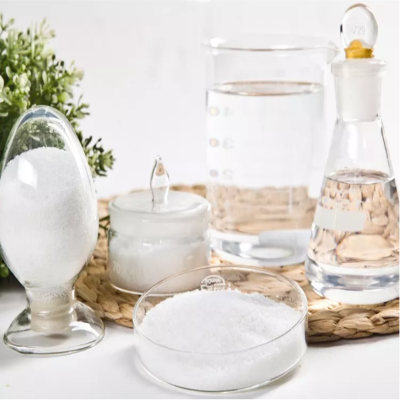-
Categories
-
Pharmaceutical Intermediates
-
Active Pharmaceutical Ingredients
-
Food Additives
- Industrial Coatings
- Agrochemicals
- Dyes and Pigments
- Surfactant
- Flavors and Fragrances
- Chemical Reagents
- Catalyst and Auxiliary
- Natural Products
- Inorganic Chemistry
-
Organic Chemistry
-
Biochemical Engineering
- Analytical Chemistry
-
Cosmetic Ingredient
- Water Treatment Chemical
-
Pharmaceutical Intermediates
Promotion
ECHEMI Mall
Wholesale
Weekly Price
Exhibition
News
-
Trade Service
A few days ago, the Shanghai Futures Exchange announced that it will convert expired rubber warehouse receipts to spot processing
.
Compared with the previous regulations, the expiration date of the validity period of the domestic rubber futures warehouse receipt is slightly delayed, and the cancellation time is more uniform
.
This rule has failed to change the delivery restrictions for cross-year rubber, and has not helped
to improve the problem of large spreads between futures rubber prices in September, October and November and contract prices in January of the following year.
According to the previous regulations of the exchange, "the effective period of domestic natural rubber (SCR WF) delivery in the warehouse is the last delivery month of the second year of the production year, and the excess period is converted into spot
.
" "That is, after the expiration and delivery of the contract in November each year, the warehouse receipt registered with the rubber produced in the previous year will be cancelled, and the futures warehouse receipt will be converted into spot, and cannot be used for the delivery of the next futures contract
.
Therefore, the price difference between the January ~ November contract of the same year is only a few hundred yuan, and the price difference with the next January contract often reaches more than 1,000 yuan, and even a price difference
of 2,000 or 3,000 yuan.
However, in the past, the end of November contract delivery was the fifth trading day after the 15th of the month, and it needed to be postponed
in case of holidays.
This regulation is adjusted to "At 24 o'clock on November 30 every year, the domestic natural rubber warehouse receipt produced in the previous year will be automatically converted into spot
.
" In this way, the warehouse receipt write-off time is more uniform
.
In addition, in the past, the regulations stipulate that "the effective period of delivery in the warehouse is 18 months from the date of issuance of the commodity inspection certificate, and the goods beyond the period are converted into spot
.
" The provision further clarifies that "at 24 o'clock on the natural day of 18 months from the date of issuance of the commodity inspection certificate for imported No.
3 cigarette film, the warehouse receipt of the No.
3 tobacco film imported into the No
.
3 will be automatically converted into spot.
" It can be seen that the revision of this rule is mainly to fine-tune
the expiration date of futures registration warehouse receipts.
However, regarding "after the close of trading on May 11, 2018 (15:00), natural rubber warehouse receipts (excluding warehouse receipts locked in the standard warehouse receipt management system) that have exceeded the delivery period in the warehouse will be converted into spot goods centrally
.
"The requirements may cause some of the current warehouse receipts (imported rubber) to be written off in advance, which may have a favorable impact
on the price trend of Shanghai rubber.
However, because the number is not large, the influence of this theme should not be overly valued
.







